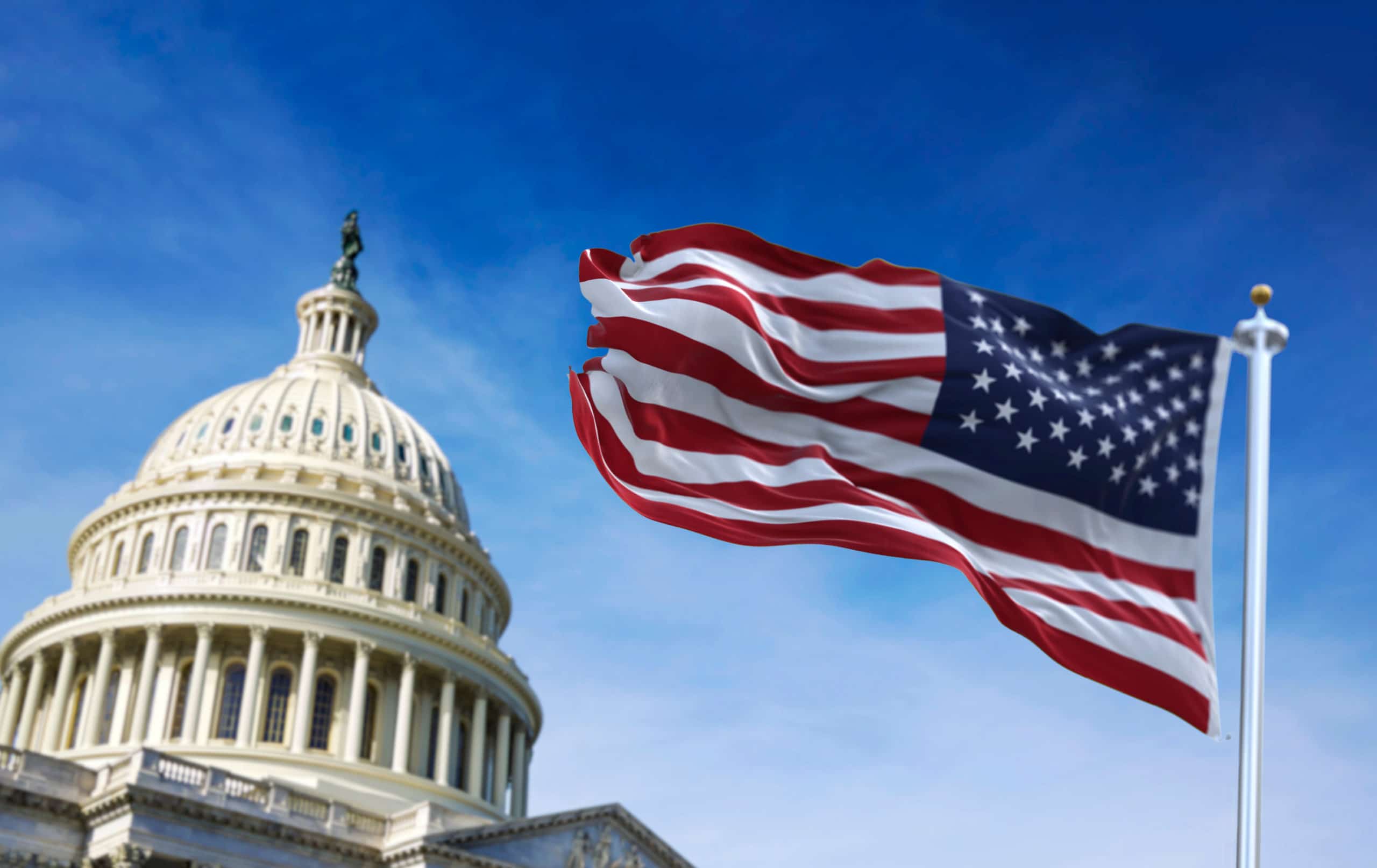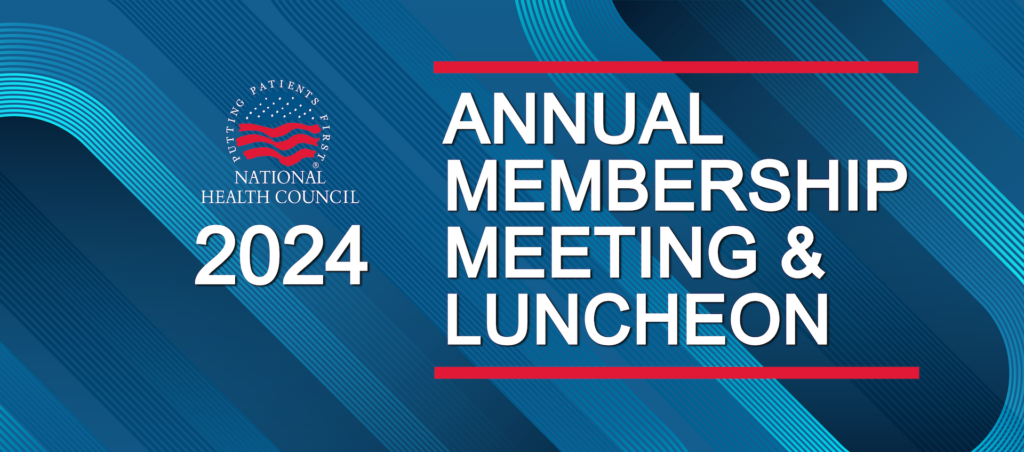

NHC URGES CONGRESS TO REAUTHORIZE FDA USER FEES
By: Allen Pinn, Coordinator, Policy
Reauthorization of the Prescription Drug User Fee Act (PDUFA) is not only vital, but lifesaving. Prior to passage of the first PDUFA, patients with chronic illnesses notoriously had to wait years for the approval of lifesaving new drugs. In addition to cutting down wait times for pertinent medical treatments, the user fee agreements have also become a vehicle for moving additional FDA-related policy and regulatory initiatives.
Since its inception in 1992, there have been five reauthorizations of the PDUFA. Millions of patients with chronic illnesses have benefited from the PDUFA’s ability to speed up the development of new drugs/treatments. The last iteration of the user fee agreements to be reauthorized was signed into law in 2017 and expires on September 30, 2022.
Where does PDUFA VII stand?
The deadline to reauthorize PDUFA is quickly approaching. What is usually a routine and bipartisan process has become contentious. In June 2022, the House passed a large bipartisan user fee package in a vote of 392-28.
The House version of the user fees includes multiple provisions such as diversification of clinical trials, revisions of requirements relating to the FDA’s accelerated approval process, and a multitude of other provisions.
Despite the ease with which the House package passed, the Senate has proven to have a more difficult path to reauthorization.
In the Senate, the Health Education, Labor, & Pensions (HELP) Committee, in a 13-9 vote, approved legislation reauthorizing the user fee agreements, including substantial provisions related to the regulation of dietary supplements, cosmetics, and diagnostic tests. However, Ranking Member Senator Richard Burr (R-NC) introduced his own version in July. Senator Burr’s version of the PDUFA reauthorization is a clean reauthorization of the agreements without any additional provisions.
Despite a looming deadline to reauthorize the user fees by September 30, legislation has still not passed.
A revival of optimism came Thursday, September 22 when the Senate HELP and House Energy & Commerce committees came to an agreement to reauthorize a clean – or “practically clean” – version of the user fees programs to be included with the annual spending bill. It has been reported that the reauthorization may include limited policy riders. At the time of this writing, it is unclear which policy riders will be included, but it is expected that it will not include some of the more contentious provisions such as new regulations for diagnostics, dietary supplements, and cosmetics.
National Health Council Stance
The National Health Council (NHC) is urging Congress to pass this life-saving legislation. Our first priority is reauthorization before the deadline, which will prevent FDA from laying off staff due to a lack of funding. Ideally, Congress will also be able to agree upon a bipartisan set of additional policies to include in the bill. For example, a critical provision that has garnered support across the health care ecosystem, including the patient advocacy community, is diversification of clinical trials. Even with this widespread support – as evidenced by the overwhelming majority of House Members who voted to approve it as part of PDUFA – it is still unclear whether clinical trial diversity trial requirements will make it into a final bill. If it is not included, the NHC will continue to support passage of this policy before the end of the current Congress.
For individuals living with chronic illnesses and/or disabilities, reauthorization of the user fees means gaining access to lifesaving treatments. A delay in reauthorization of PDUFA is unacceptable, and the NHC is urging Congress to come to an agreement.
To learn more about the NHC’s stance on PDUFA reauthorization, read our recent letter to Congress.
PDUFA Background
PDUFA was created in 1992 to expedite the drug approval process. Prior to passage of the first PDUFA, patients with chronic illnesses notoriously had to wait years for the approval of lifesaving new drugs. During the AIDS epidemic of the 1980s, the Food and Drug Administration’s (FDA’s) approval processes came under heavy scrutiny from AIDS activists who were angered by delays in accessing newly developed HIV/AIDS treatments. The efforts of these activists materialized into the Prescription Drug User Fee Act of 1992. Over the years, several other user fee agreements covering generics, medical devices, and biosimilars have been enacted, leading to earlier access to important medical products.


